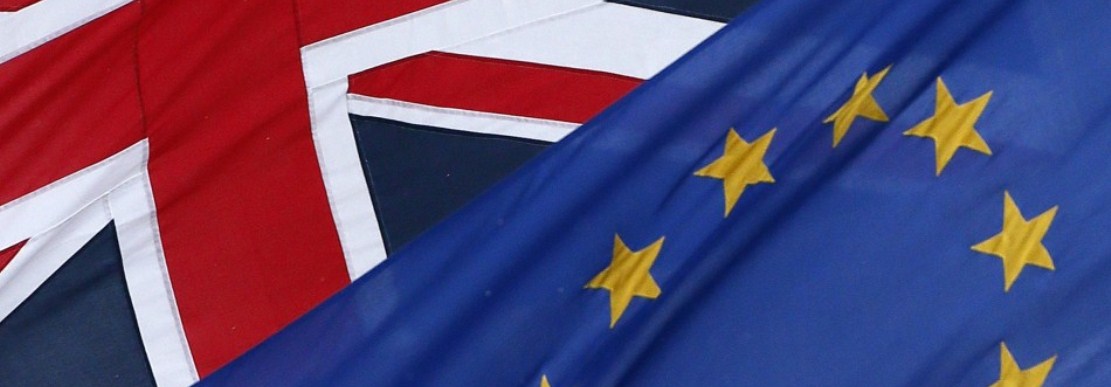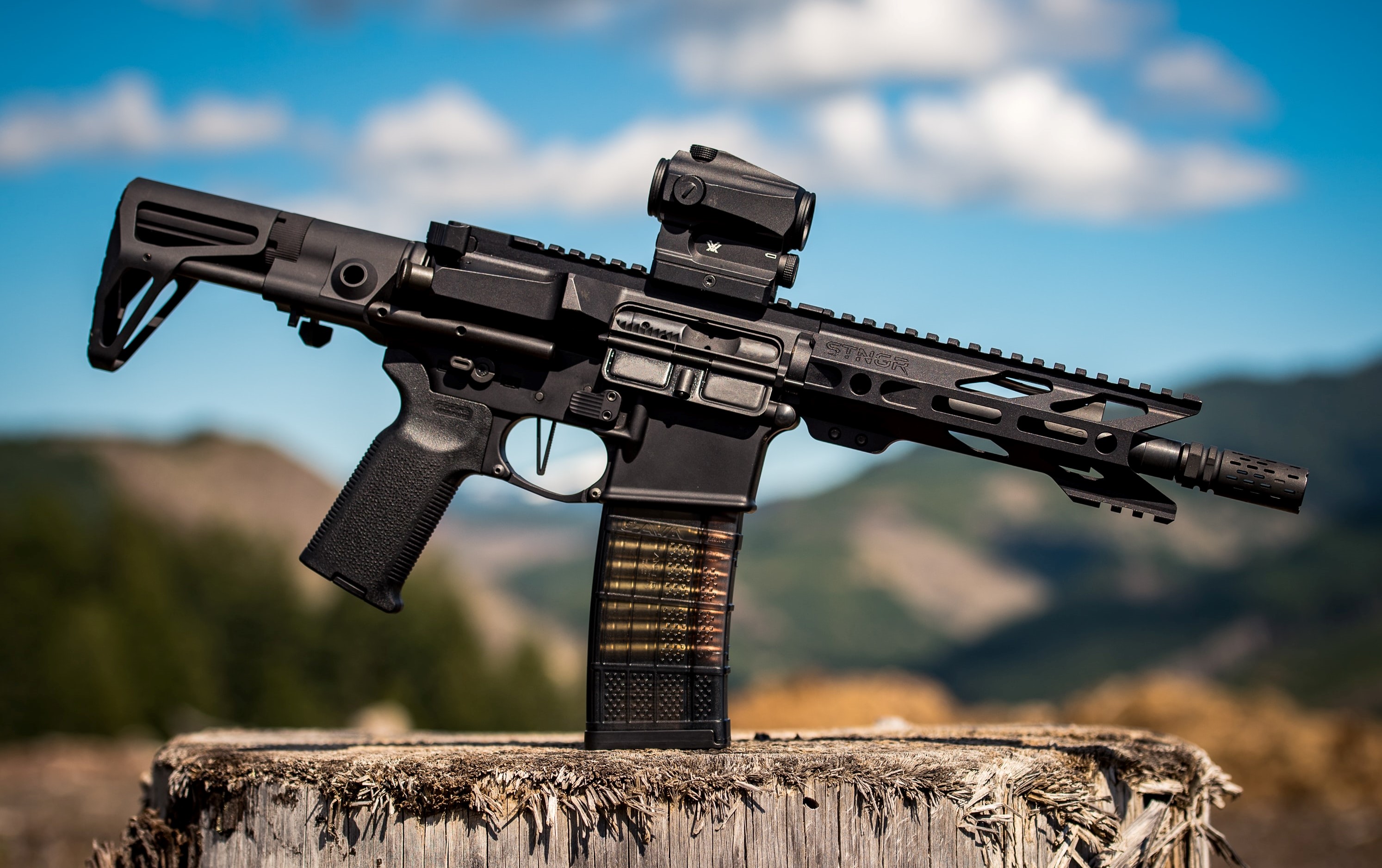By Harriet Finlayson, GEC intern, 3rd year Politics and IR student, University of Kent
Recently a report by senior international correspondent Monica Pinna was published by Euronews titled ‘Are European arms fuelling wars and conflicts worldwide?’, it brings to light the exports of military equipment, technology and weapons by EU member states to regions that have several long-standing conflicts, specifically the Middle East and North Africa. Pinna’s report highlights the issues surrounding the inability of the EU to effectively regulate and enforce regulations on arms exports of its member states.
The Italian Defence Industry was one of the subjects of Pinna’s scrutiny. Italy is the fourth biggest weapons exporter in the EU, with more than 50% of its exported weapons ending up in the Middle East and North Africa. NGO’s working in the area have revealed that some of these weapons have directly contributed to the conflict and taken lives. An example of this can be found in 2016, a bombing in Northern Yemen was carried out by the Saudi-led Coalition and an investigation in the aftermath of this revealed serial numbers on the explosives which proved they were produced by an Italian Company, RWM.
It has also been revealed through a Lighthouse Report that Belgium, Germany, France and Spain have permitted arms exports to Saudi Arabia. While some EU member states have restricted their exports to Riyadh as a result of public pressure, France has continued. Amnesty International claim that French artillery, ammunition and combat vehicles have been found in Yemen.
The Stockholm International Peace Research Institute revealed that 26% of the total global arms exports come from EU member states between 2015-2019. Thus making the EU the second largest exporter in the world, second only to the USA. These arms exports predominately end up in the Middle East and North Africa, where there are ongoing conflicts.
There have been growing calls for more control and transparency when it comes to EU arms exports. In 2020, MEPs called for EU citizens to be better informed on arms exports as this issue affects them and their security directly. MEP’s have since adopted a Resolution for strengthening public oversight on arms exports and military equipment.
One issue MEPs highlighted back in 2020 was the lack of a mechanism in place to hold member states that violate EU common rules with their arms exports accountable.
Common Position 2008/944/CFSP, adopted in 2008, sets out the criteria that EU member states must take into account when they issue export licences. This criterion is legally binding and stipulates that member states must consider the human rights in the country that the exports are destined for, they must also consider the preservation of the country’s stability.
Hannah Neumann, a Green MEP, emphasises that although there is one common position on arms exports in the EU, there are 27 national interpretations and 27 export systems. While the common position is legally binding, the European Union does not have the infrastructure in place to enforce it. Therefore, there are many loopholes around this and no sanctions in place should member states violate the common position.
Evidence of this can be seen in EU member states arms exports to the Middle East and North Africa. Spain issued 26 export licences to Riyadh last year, reportedly worth 215 million euros. Spain issued these licences despite calls by both the UN and the European Parliament to stop sales to Saudi Arabia as a result of its key role in the Yemen war.
International law stipulates that European countries are not allowed to sell weapons to countries at war, nor are they allowed to transit weapons through the continent if they are heading to crisis zones.
The European Arms trade arguably exposes how weak the European Union is at enforcing its own rules, it is clear that major reform is needed to create the infrastructure and mechanisms required to enforce the rules and regulations surrounding arms exports. This mechanism is not only essential for reinforcing EU law but also in holding member states accountable for their arms exports and the implications of those exports in conflicts around the world.
Links:
- Pinna’s article
- Stockholm International Peace Research Institute – 2021 Stockholm Security Conference
- EU’s Common Position
Blog posts express the opinion of the author and do not necessarily reflect the view of the Global Europe Centre or its affiliates.

